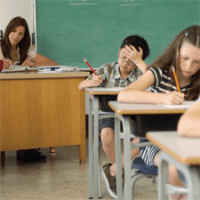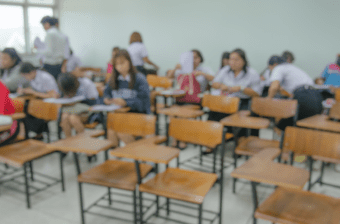The Problem
The American education sector has been marked by dramatic reform efforts, often with the aim of increasing teacher effectiveness and fostering accountability for student performance. Under recent reforms, standardized testing has taken on increased prominence within classrooms, with critics voicing concerns that time spent “teaching to the test” hinders educators’ ability to engage in more-meaningful and more-valuable classroom activities.
The Proposal
To ensure that assessments are both productive classroom endeavors for students and a reliable means by which to evaluate teachers, assessments should be used together with other indicators of performance, such as classroom observations and parent surveys, and the tests themselves should be designed to avoid providing perverse incentives to educators.
Abstract
Over the past decade, educational reforms have increased efforts to hold teachers and schools accountable for student test scores. Schools without significant progress on test scores have been subject to reductions in funding and even replacement of school leadership. The purpose of these actions is to increase student achievement by raising teacher effectiveness and bringing up the performance of low-performing schools. Yet critics of these accountability systems have argued that they will not lead to meaningful increases in student learning because of incentives to “teach to the test” at the expense of more valuable classroom activities, leading students to have deficits in critical thinking skills.
Based on work he has done for The Hamilton Project, Derek Neal of the University of Chicago outlines a plan to create better assessments and accountability systems to avoid these perverse incentives. The new assessment system would use two different styles of examinations: one traditional test to evaluate student achievement, and a new examination to evaluate teacher performance. Neal provides guidelines for the development of this innovative approach to assessment and details how teacher performance can be measured using a relative scale. An ideal accountability system would combine these new assessments with non-test metrics such as classroom observations, school inspections, and parental input in order to also capture students’ social and emotional development.



